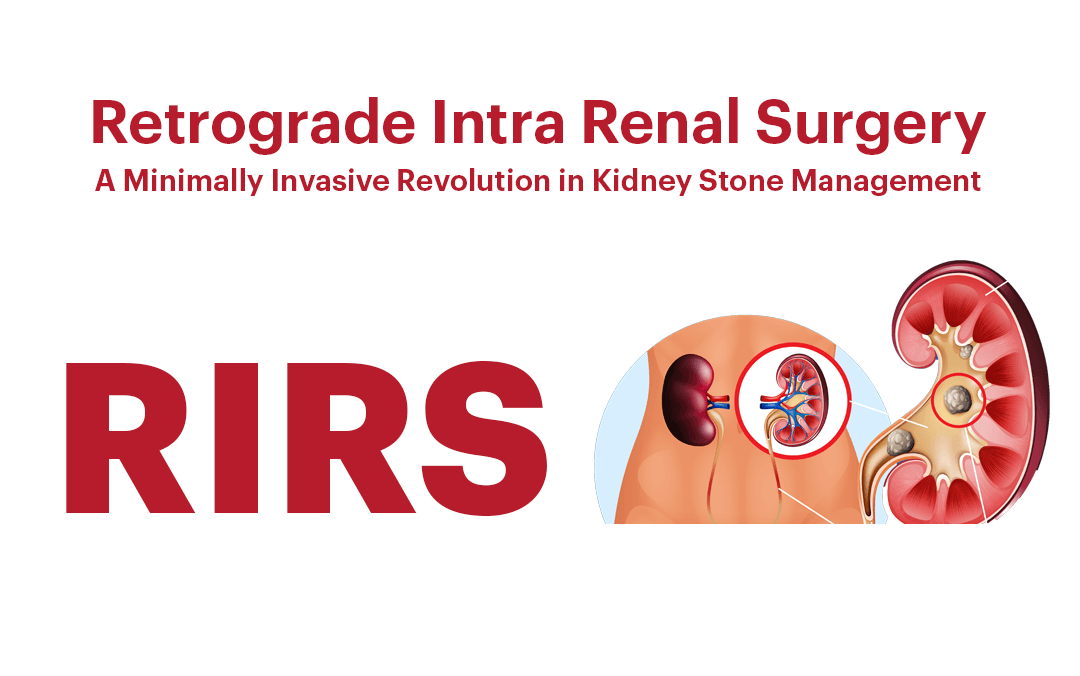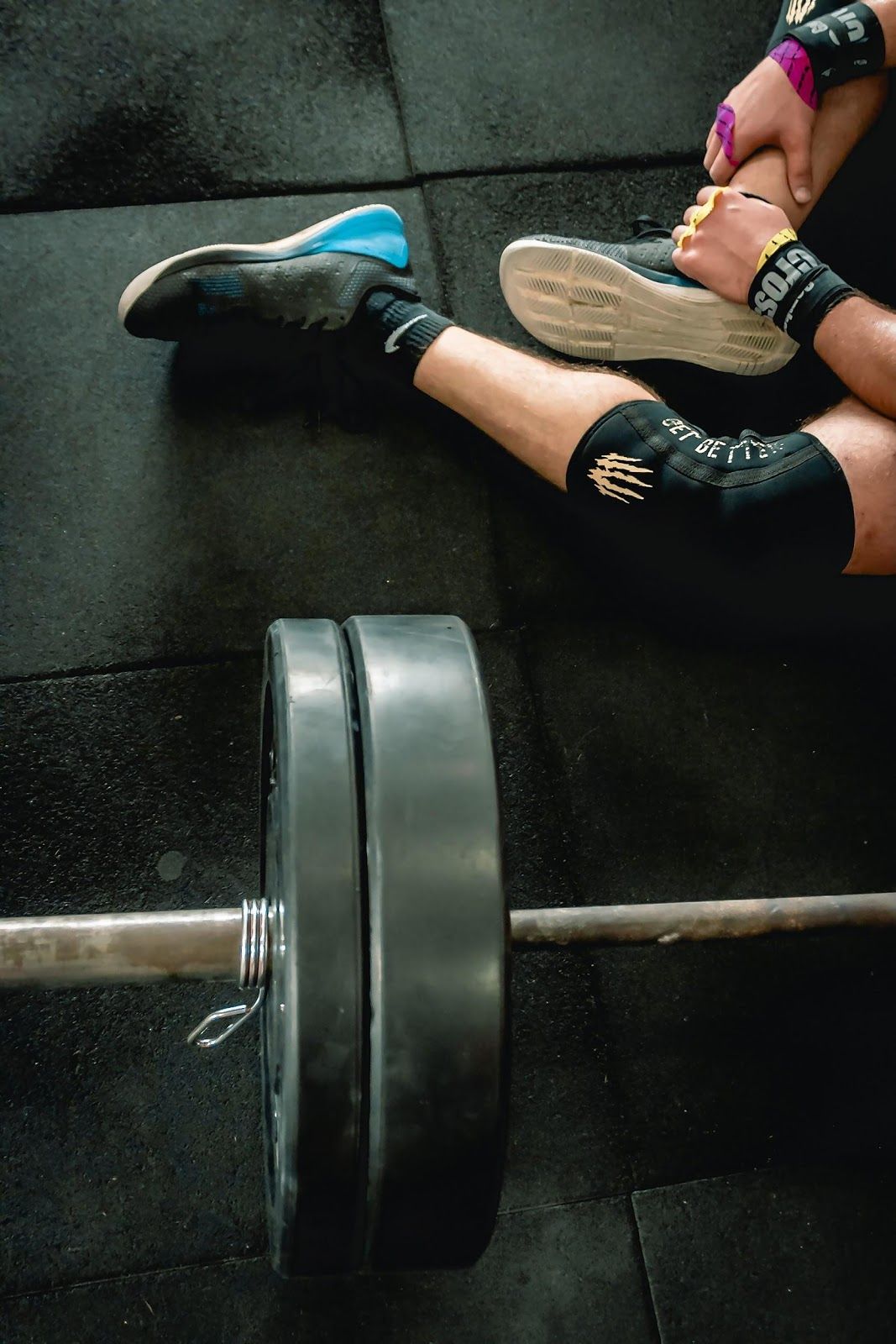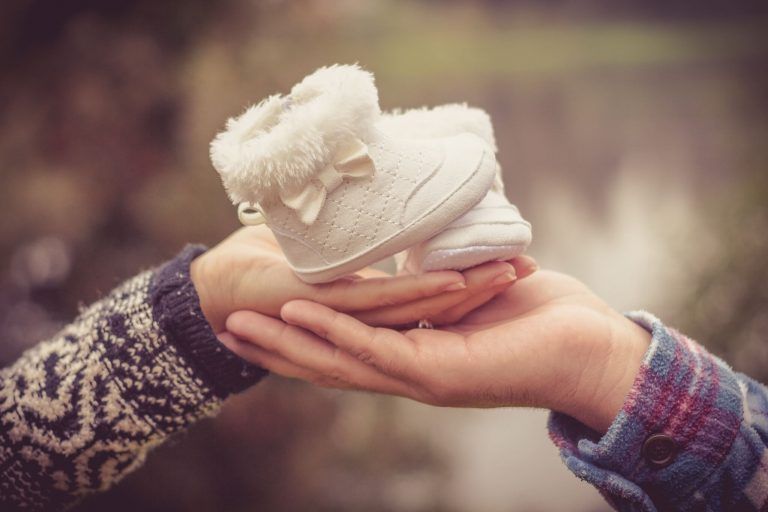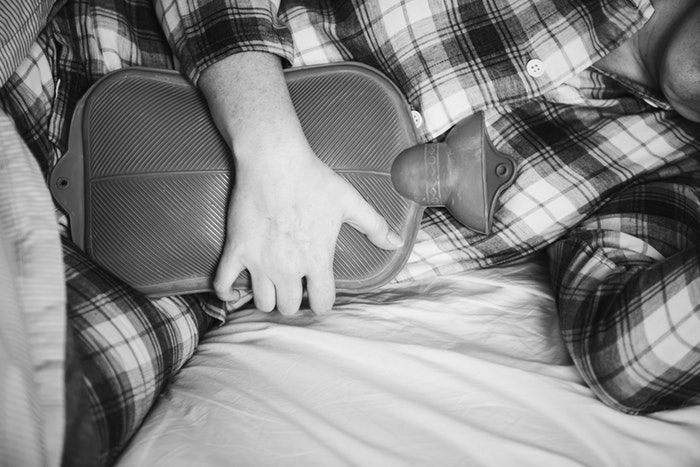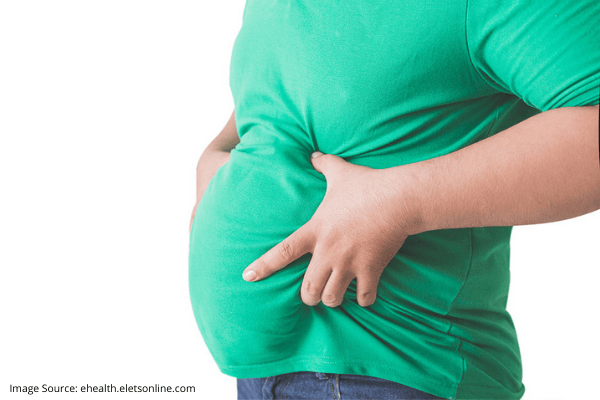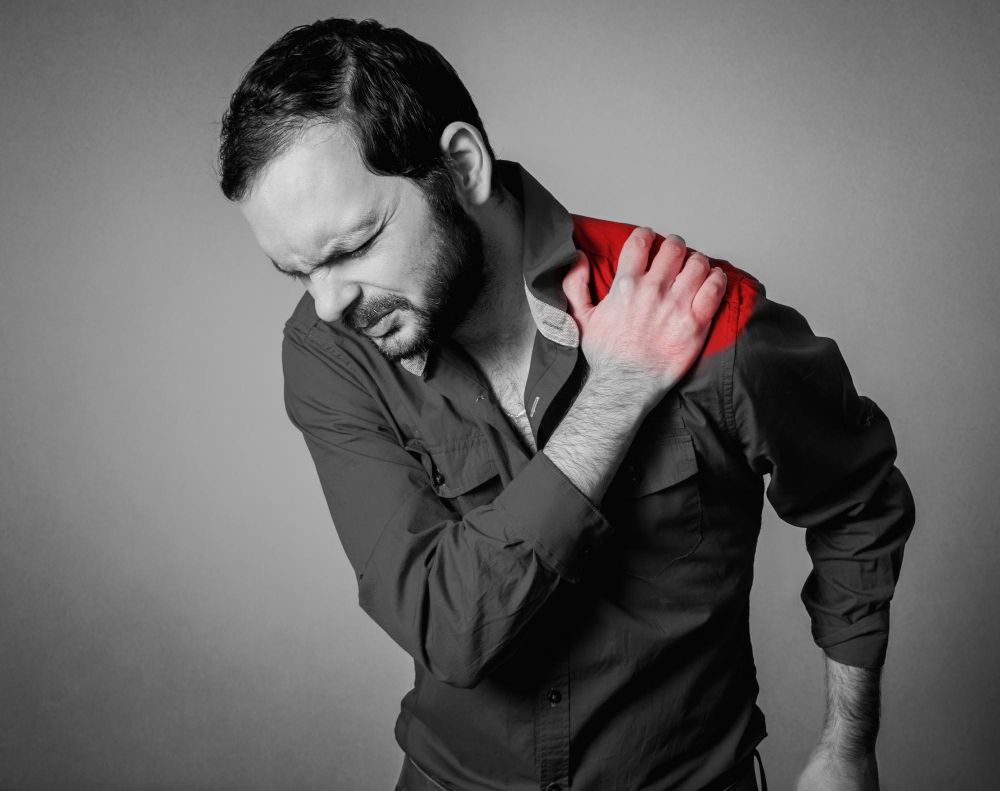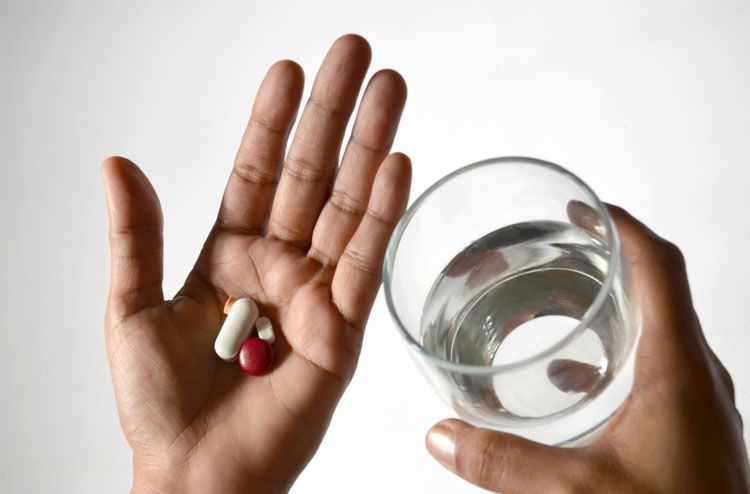RIRS (Retrograde Intra Renal Surgery): A Minimally Invasive Revolution in Kidney Stone Management
Imagine you're dealing with the sharp, intense pain of a kidney stone, a condition that affects millions of people worldwide. Fortunately, the field of urology has seen significant advancements in the treatment of kidney stones, and one of the most innovative approaches is Retrograde Intra Renal Surgery (RIRS). This procedure offers a minimally invasive solution, sparing patients from the more traditional and invasive options. In this educational content, we will delve into the world of RIRS, exploring its indications, the procedure itself, recovery, potential complications, and its pivotal role in modern urology.
** Understanding Kidney Stones and the Need for RIRS**
Kidney Stones: Kidney stones are solid deposits that form in the kidneys when minerals and salts in the urine crystallize. These stones can vary in size and composition and often lead to severe pain and discomfort when they move through the urinary tract.
Indications for RIRS: RIRS is typically recommended for patients with smaller kidney stones, particularly those located in the renal pelvis and upper ureter. It is also an option for individuals who cannot undergo other stone removal procedures due to anatomical reasons or contraindications.
The RIRS Procedure
Anesthesia: RIRS is performed under general anesthesia to ensure the patient's comfort and minimize any discomfort during the procedure.
Access: The surgeon gains access to the kidney via a thin, flexible scope called a flexi ureteroscope, which is inserted through the urinary tract.
Stone Identification: With the ureteroscope in place, the surgeon identifies the kidney stone and assesses its size and location using a camera at the tip of the scope.
Laser Fragmentation: A laser fibre is introduced through the flexi ureteroscope, and high-energy laser pulses are used to fragment the kidney stone into smaller, more manageable pieces.
Stone Retrieval: The broken stone fragments are then either retrieved using a specialized basket or allowed to pass naturally through the urinary tract. Sometimes, a stent is placed temporarily to ensure proper urine drainage while the fragments are passed.
Recovery and Aftercare
Hospital Stay: RIRS is usually an outpatient procedure, and patients can return home the same day. In some cases, an overnight hospital stay may be recommended.
Recovery Time: Recovery following RIRS is relatively quick, with most patients returning to normal activities within a few days to a couple of weeks. Post-operative discomfort, mild blood in the urine, and urgency to urinate are common but temporary side effects.
Follow-up: Follow-up appointments with the urologist are scheduled to monitor recovery, assess stone clearance, and remove any temporary stents placed during the procedure.
Potential Complications
Bleeding: While RIRS is considered a safe procedure, minor bleeding can occur, especially when breaking down larger stones. In most cases, this bleeding stops naturally, but occasionally, further intervention may be required.
Infection: Infections are a rare but potential risk associated with any surgical procedure. Antibiotics are often prescribed before and after RIRS to minimize this risk.
Residual Stones: In some cases, not all stone fragments may be successfully removed during the initial RIRS procedure. Additional treatments or procedures may be necessary to clear any remaining stones.
The Significance of RIRS in Modern Urology
Retrograde Intra Renal Surgery (RIRS) represents a significant advancement in the field of urology and kidney stone management. This minimally invasive procedure offers several key advantages:
Precise Targeting: RIRS provides urologists with the ability to precisely target and treat kidney stones, even in challenging locations within the kidney.
Minimal Scarring: As RIRS is performed through the natural urinary tract, there are no external incisions, resulting in minimal scarring and a faster recovery.
Less Pain and Discomfort: Compared to traditional surgical approaches, RIRS is associated with less post-operative pain and a quicker return to regular activities.
Safe and Effective: RIRS has a high success rate in clearing kidney stones and is generally safe for a wide range of patients, including those who may not be candidates for more invasive procedures.
Conclusion
Retrograde Intra Renal Surgery (RIRS) is a groundbreaking and minimally invasive approach to the treatment of kidney stones. It offers a safe and effective solution for patients suffering from this painful condition while minimizing discomfort and recovery time.
Patients considering RIRS should consult with their urologist to determine if it's the right choice for their unique circumstances, taking into account factors like stone size, location, and overall health. RIRS has undoubtedly revolutionized the management of kidney stones and stands as a testament to the ongoing advancements in modern urology.
Ten Effective Remedies That You Can Refer to When You Are Suffering from Muscle Cramps
Finally starting off with the gym life can get too overwhelming until you hit those muscle cramps along with the weights.
ICSI(Intra Cytoplasmic Sperm Injection)
Normally during every mid-menstrual period, one of the 2 ovaries releases an ovum. Each ovum is covered by a membrane called follicle,
Pregnancy and Delivery Care
Nothing could possibly compare to the joy of becoming a parent. After nine long months of waiting, the moment you have been waiting for is almost there:
Some Common Causes of Chest Pain
The first thing that jumps into the mind whenever you have some sort of chest pain is heart attack! It’s only human to feel that way
Organic Food Vs GMO Food: What Should You Pick?
There is no doubt that the quality of food we consume is crucial for our good health. And with more people becoming health conscious the d
Importance of Breastfeeding and Vaccinations for Newborns
Going nature’s way is best when it comes to providing nourishment for the apple of your eye – your baby. Breast milk is best for your baby as it
Percutaneous Nephrolithotomy (PCNL): A Breakthrough in Kidney Stone Treatment
Kidney stones, those small, hard mineral deposits that form in the kidneys, can cause excruciating pain and discomfort.
Skin Tags - Benign Tumor or Cancerous Tumor?
Skin tag if observed is a narrow stalk that hangs about your skin, bulging at the end. They are usually freshly colored and can grow anywhere on your body.
3 Ways Vitamin C is Helpful for the Immune System
The water-soluble vitamin, Vitamin C is also known as ascorbic acid. It is helpful in building up the blood vessels, skins, and making bones stronger
4 Signs of Mental Illness
As life has gotten fast and hectic, different health issues have got introduced lately. Not just physical issues,
4 Ways Night-Shifts Can Be Dangerous For Your Menstruation And Ovulation
A good night's sleep is of value for pregnant women. But with strenuous work-hours and shift work, sleep can quite a luxury for all.
Causes Of Infertility in Women
More and more women are putting off pregnancy till well into their 30’s or early 40’s for career reasons; infertility is fast becoming a major heartbreaking issue for such couples.
Do Not Indulge in These 9 Common Dieting Mistakes
Dieting is not just about eating less or starving yourself to meet unrealistic goals. Healthy dieting involves making informed food choices.
Laryngeal Reiinervation Procedure at KIMS Hospital
Mr. K.P 56-year-old business executive from Bangalore underwent a thyroid surgery two years back.
Learn How Stress Affects Your Heart Health
Stress is a frequent side effect of the modern 21st Century lifestyle. We’re always running around to meet deadlines, pay bills we tend to
Lose Weight: The Healthy Way
Almost everyone we know is worried about the way they look. There are several concerns people have, like their complexion
Myths About Bariatric Surgery
Bariatric surgery – be it the gastric bypass and other weight-loss surgeries – involve making changes to your digestive system to help you lose weight.
Non-alcoholic Fatty Liver Disease: Should You be Worried?
A recent study has found that 1 in 5 people in India suffers from liver disorders. Before you blame it on the increased alcohol consumption
Obesity and its Relation to Type 2 Diabetes
Diabetes is a condition that arises when the body doesn’t produce enough insulin,, hence there is excess glucose in the blood
Rotator Cuff Tear
A rotator cuff tear is a rotator cuff injury that can cause shoulder pain and loss of arm function. The rotator cuff is a set of muscles and tendons in your shoulder.
What Happens to Your Body When You Fast?
Fasting has been practised by humans for thousands of years as a way of rejuvenating the mind, body and soul and as a common ritual of many religions from all over the world
Why You Shouldn’t Consume Medicines with Cold Water
There has been a long-raging debate on the temperature of water needed for consuming medications. You won’t find much as in research papers
10 Tasty Delicious Diabetic-Friendly Recipes
Worry about it no more, as a healthy diabetic diet does not have to be bland. Instead, you can enjoy a myriad of flavorful, low-calorie
4 Not So Common Health Problems in Teenagers
The current generation of teenagers have far more access to technology and gadgets than their parents did.
4 Secrets to Adjusting Your Toddler's Sleep Cycle
Most of the parents, some time or the other, may have faced the trouble of making their toddlers sleep at night.
Related Blogs
Ten Effective Remedies That You Can Refer to When You Are Suffering from Muscle Cramps
Finally starting off with the gym life can get too overwhelming until you hit those muscle cramps along with the weights.
ICSI(Intra Cytoplasmic Sperm Injection)
Normally during every mid-menstrual period, one of the 2 ovaries releases an ovum. Each ovum is covered by a membrane called follicle,


